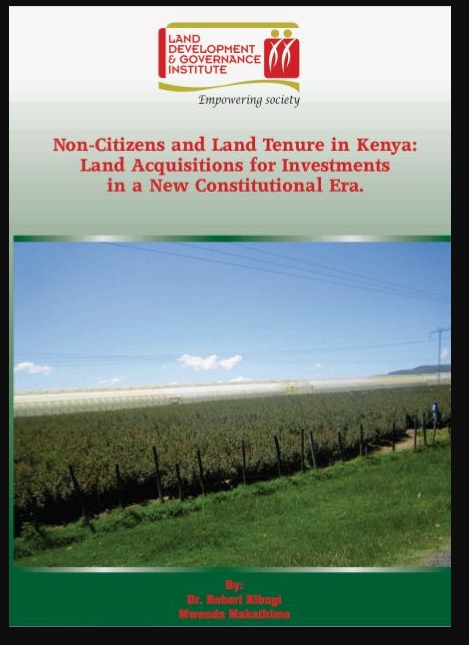Implementing Low-Cost Rural Land Certification : The Case of Ethiopia
This report is about implementing
low-cost rural land certification. Prior to 1975,
Ethiopia's land tenure system was complex and
semi-feudal. Tenure was highly insecure, arbitrary evictions
were common, and many lands underutilized. High inequality
of land ownership reduced productivity and investment,
leading to political grievances and eventually the overthrow
of the imperial regime in 1975. The Marxist government that



